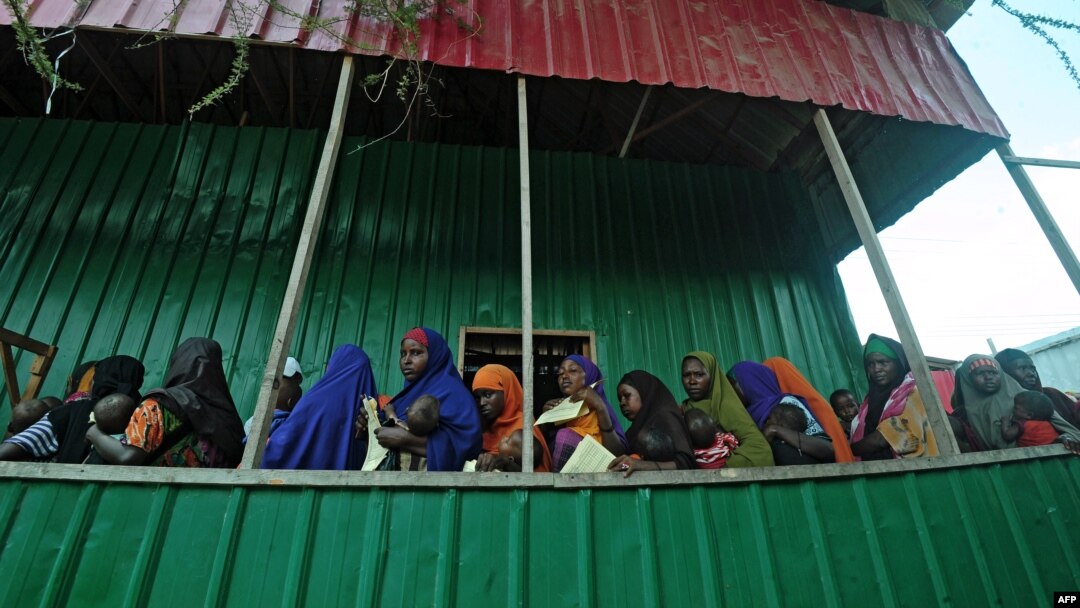The Somali government responded to widespread criticism by aid agencies on Wednesday, promising to investigate reports that thousands of families fleeing drought and conflict were forcefully evicted from more than 20 informal camps.
The United Nations and groups such as the Somalia NGO Consortium say more than 4,000 families, or about 20,000 people, had their homes bulldozed last month inside settlements on the outskirts of the capital of Mogadishu.
The demolitions on private land were unannounced, they said, and pleas by the community — largely women and children — for time to collect their belongings and go safely were not granted.
Some aid workers who witnessed the evictions said uniformed government soldiers were involved in the demolitions.
"Regarding the forced evictions, we are really deeply concerned. We are investigating the number of evictions," Gamal Hassan, Somalia's minister for planning, investment and economic development, told participants at a U.N. event.
"We have to make sure we investigate and have to make sure we know exactly what happened. And then we will issue a report and you can take a look at it and see what happened and how it happened," he said by video conference from Mogadishu.
The impoverished east African nation of more than 12 million people has been witnessing an unprecedented drought, with poor rains for four consecutive seasons.
It has also been mired in conflict since 1991 and its Western-backed government is struggling to assert control over poor, rural areas under the Islamist militant group al Shabab.
The U.N. says drought and violence have forced more than 2 million people to seek refuge elsewhere in the country, often in informal settlements located around small towns and cities.
The U.N. Office for the Coordination of Humanitarian Affairs (OCHA) on Wednesday condemned the demolitions, and said the fate of those evicted did not fit with the progress Somalia has made.
"Not only did these people lose their homes, but the basic infrastructure that was provided by humanitarian partners and donors, such as latrines, schools, community centers — has been destroyed," said Peter De Clercq, head of OCHA in Somalia, at the same event.
"I reiterate my condemnation of this very serious protection violation and call on the national and regional authorities to take necessary steps to protect and assist these people who have suffered so much."



